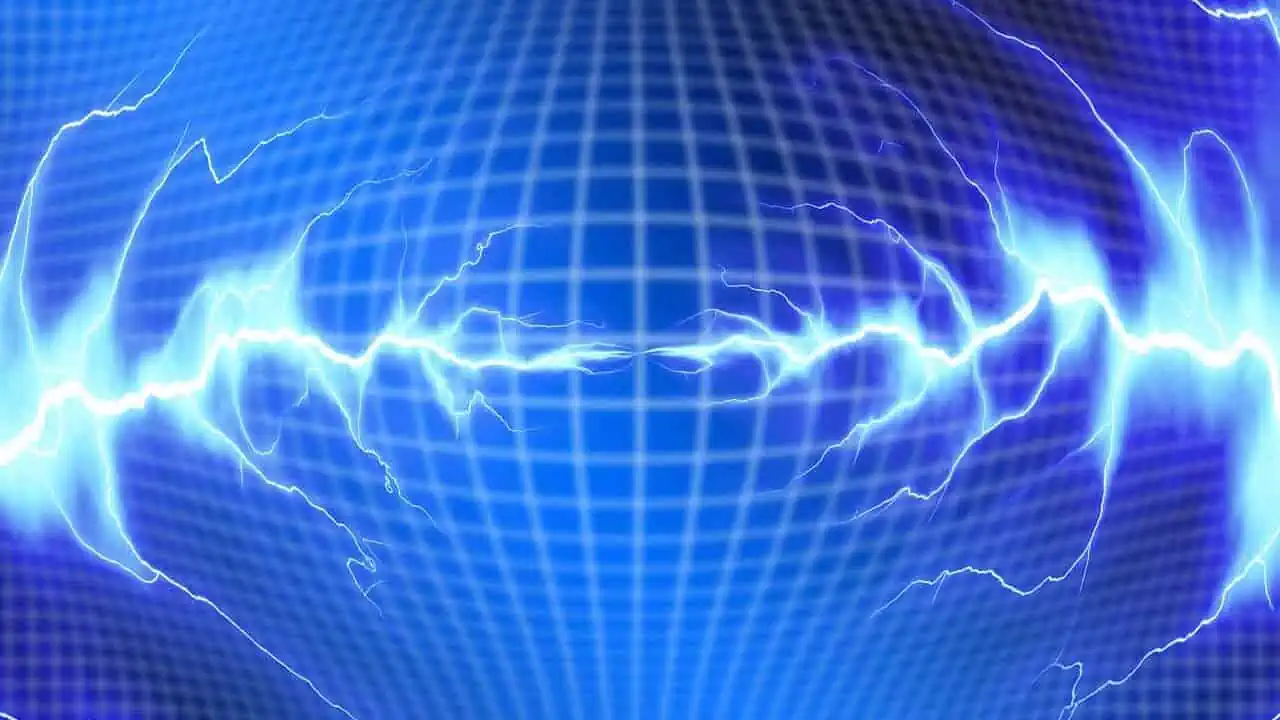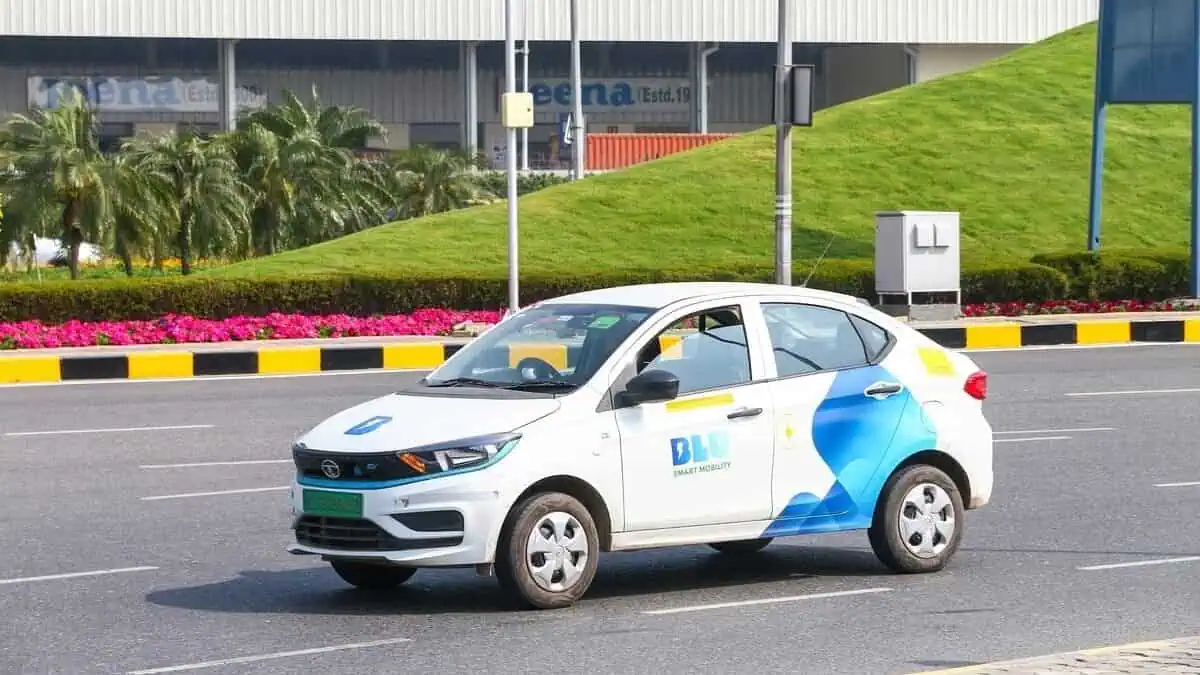Purdue University engineers partnered with the Indiana Department of Transportation to develop wireless electric vehicle charging technology on a section of highway in West Lafayette.
Project details
According to Purdue University’s press release, the under-construction wireless electric vehicle charging road could charge even semi trucks at 65 miles per hour.
“We’re developing a system that has the power to charge semitractor-trailers as they move 65 miles per hour down the road.”
John Haddock, a professor at Purdue’s Lyles School of Civil Engineering
With the help of the INDOT, the Purdue University engineers officially kicked off the project construction on a quarter-mile test bed on US Highway 231/US Highway 52 in West Lafayette on Monday.
The team will use this section of the highway to test a patent-pending system the engineers designed. The system claims to be capable of charging even a heavy-duty electric truck traveling at highway speeds.
“Thanks once again to some engineers and pioneers from Purdue, we’re developing the world’s first highway test bed for wireless charging.”
Indiana Gov. Eric Holcomb said to attendees of COP27
How does it work?
Purdue University engineers will first install the necessary transmitter coils below the highway pavement. These coils will transmit energy to receiver coils, equipped below the electric vehicles, through a magnetic field.
Therefore, electric automakers must fit their future electric vehicles with a receiver coil, and existing owners can retrofit their units to add the technology. Electric vehicle owners will only need to pay for the exact amount of power they consume.
While it is true that other projects like this have already started way before, Purdue University contends that this Indiana project is unique as it boasts sufficient power to provide energy even to semi trucks.
In addition, it is also apparently the first time such a project is undergoing testing both on a highway and on electric semi trucks.
Timeline
Purdue University and INDOT plan to start the pilot program as early as May 2025 after the engineers complete the technology installation. It will last through the summer.
The researchers aim to gather useful data and insights during the technology’s testing phase, such as follows:
- what happens if an electric vehicle does not drive right over the coils
- how inclement weather affects the charging process
- do cracks in the pavement cause a problem
The project’s success would mean an easier and faster charging process for electric vehicle owners, potentially solving some of the major challenges in electric mobility uptake. Electric truck maker Cummins will provide one of its models to test the technology.
The team further aims to electrify a section of an Indiana interstate within the next four to five years once the initial project proves successful.






